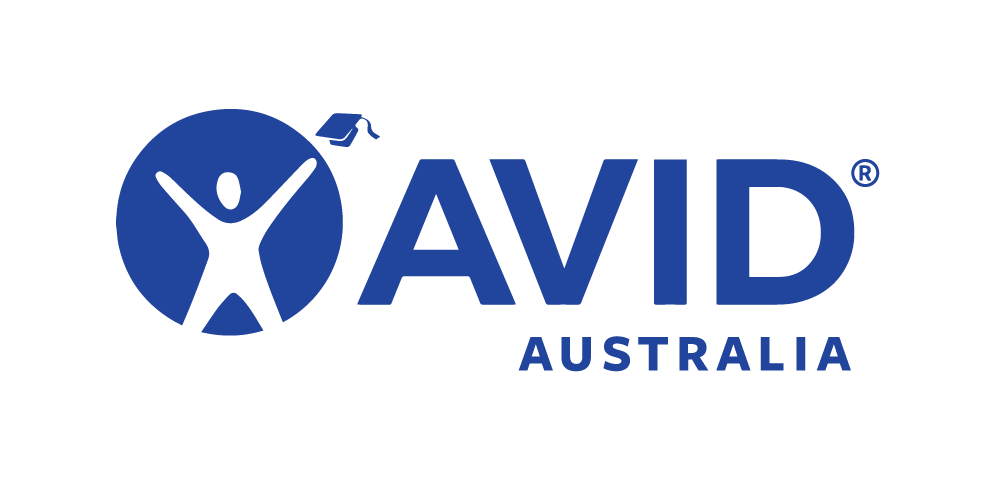Food impacts every aspect of daily life and is essential for maintaining overall health and wellbeing. The application of science and technology plays an important role in understanding how the properties of food are used to meet the needs of consumers and producers. Food laws and regulations govern the production, supply and distribution of safe foods. Students develop practical food-related skills, understandings and attitudes that enhance their problem-solving abilities and decision-making skills.
In the Food Science and Technology General course, students develop their interests and skills through the design, production and management of food-related tasks. They develop knowledge of the sensory, physical, chemical and functional properties of food and apply these in practical situations. Students explore innovations in science and technology and changing consumer demands. New and emerging foods encourage the design, development and marketing of a range of products, services and systems. Food and allied health sectors represent a robust and expanding area of the Australian and global employment markets.
Prerequisites:
There are no prerequisites however previous success in Year 10 Food Technology courses is advantageous.
Syllabus:
The Year 11 syllabus is divided into two units, each of one semester duration, which are typically delivered as a pair. The notional time for each unit is 55 class contact hours.
Unit 1 – Food Choices and Health
This unit focuses on the sensory and physical properties of food that affect the consumption of raw and processed foods. Students investigate balanced diets, the function of nutrients in the body and apply nutrition concepts that promote healthy eating. They study health and environmental issues that arise from lifestyle choices and investigate factors which influence the purchase of locally produced commodities.
Students devise food products, interpret and adapt recipes to prepare healthy meals and snacks that meet individual needs. They demonstrate a variety of mise-en-place and precision cutting skills, and processing techniques to ensure that safe food handling practices prevent food contamination. Students recognise the importance of using appropriate equipment, accurate measurement and work individually, and in teams, to generate food products and systems.
Unit 2 – Food for Communities
This unit focuses on the supply of staple foods and the factors that influence adolescent food choices and ethical considerations. Students recognise factors, including processing systems, that affect the sensory and physical properties of staple foods. They explore food sources and the role of macronutrients and water for health, and nutrition-related health conditions, such as coeliac and lactose intolerance, which often require specialised diets. Students consider how food and beverage labelling and packaging requirements protect consumers and ensure the supply of safe, quality foods.
Students work with a range of staple foods, adapt basic recipes and apply the technology process to investigate, devise, and produce food products to achieve specific dietary requirements. They evaluate food products and demonstrate a variety of safe workplace procedures, processing techniques and food handling practices.
Assessments:
Investigation: 30%
Production: 60%
Response: 10%
Pathways:
The Food Science and Technology General course progresses to the Year 12 course by the same name and enables students to connect with further education, training and employment pathways and enhances employability and career opportunities in areas that include nutrition, health, food and beverage manufacturing, food processing, community services, hospitality, and retail.
More Information:
For further information regarding this course click here.












